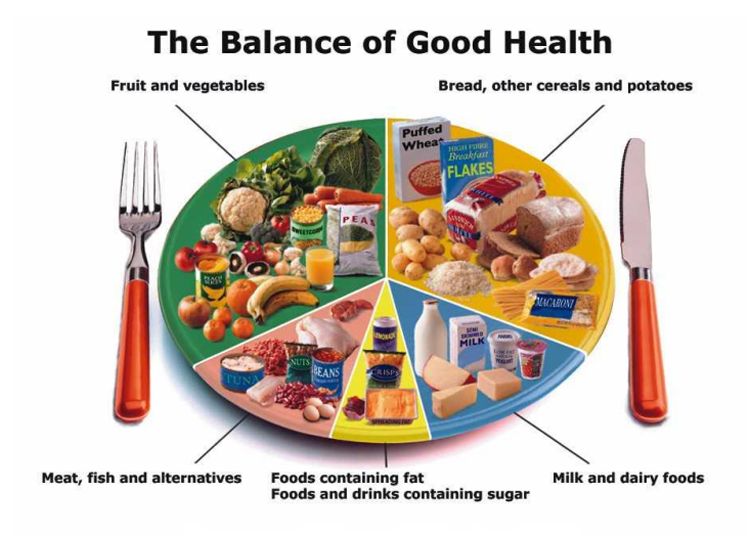Week commencing 25/3/24

Fortnightly PSHE and Careers tasks for week beginning 25.3.24. For friendly feedback, please send your work to yvonne.prendergast@pilgrim.lincs.sch.uk
Key Stage 3 PSHE Topic - A balanced diet is part of a balanced lifestyles
Objectives
Know what a balanced diet consists of and why we need to eat certain foods.
Information

The above Eatwell Plate illustrates the proportion of food types we should try to incorporate into our daily eating patterns. The largest proportion of any meal should be mostly from the fruit and vegetable group, followed by carbohydrates such as bread, potatoes, cereals, rice, pasta. We need a small proportion of dairy products such as milk, butter, cheese and a small proportion of protein from meat, fish, pulses and plant based alternative foods. We should keep sugars, salts or high fat content foods to the minimum.
Tasks
Explain what a balanced diet consists of and how you think it fits into a healthy lifestyle.
Reflect whether your diet reflect these principles, if not, how can you swap and change to make it as balanced as possible.
Describe positive and negative feelings we can have when we eat certain foods – too much food, not enough food, certain types of foods, favourite foods, take-aways, celebratory food.
Reflect how we may feel if we eat regularly the foods on the Eatwell plate and how we may feel if certain foods are lacking in our diets.
Extension (optional)
Research why the body needs us to eat proteins, carbohydrates, fats, fruit and vegetables.
Create an alphabet of fruit and vegetables?
Key Stage 4 PSHE Topic – Relationships – Romance, Attraction and Diversity
Objective
Know there is diversity in romantic and sexual attraction and developing sexuality, including sources and reassurance and how to access them.
Information
Healthy and fulfilling intimate relationships consist of both emotional and physical attraction. You may be attracted to people of the same gender, or a different gender or you might not experience sexual attraction at all.
Romantic attraction = being emotionally attracted.
Sexual attraction = being physically attracted.
Pleasure is gained in intimate relationships through both emotional bonding and physical fulfilment.There are sources of support for anyone experiencing concerns with their sexuality or sexual orientation.
The following activities are romantic gestures:
- Cook a favourite meal either together or for your partner
- Hold hands on a lovely walk
- Give a plant or flowers
- Plant a tree/shrub in your partner’s name
- Prepare a surprise picnic
- Watch and cheer your partner on at a match or game
- Play footsie
- Give a head or foot massage
- Give an unexpected gift
- Cuddle and hug while watching a film
- Write a love note and leave it in an unexpected place or send a text saying what you love about your partner
- Go for a bike ride and picnic in a local beauty spot
- Listen to romantic music in candle light or under the stars
- Take a photo of you both together in a romantic place
- Make a pebble heart on the beach with your initials in the middle
- Care for a pet or a rescued animal for a day
Tasks
- Research and explain the following terms:- LGBTIQ+; lesbian; Gay; Bisexual; Transgender; Intersex; Queer; Questioning; Asexual/Aromantic; Heterosexual/Straight; Pansexual; Demisexual; Cisgender
- Give your opinion on whether you think there can be romantic attraction without sexual attraction and whether there could be sexual attraction without romantic attraction. Which do you think develops first? Why do you think it is important to have both in a relationship?
- Which romantic activities would you plan – why? How do you hope to feel? How would you want your partner to feel?
Extension
Research on The Young Minds website (www.youngminds.org.uk) to consider some negative experiences people may have in relation to sexuality, the impact this can have and where support can be obtained.
Key Stage 3 and Key Stage 4 Careers
Task
Try the following interactive quiz to help you figure out what job you want to do in the future.
You will be shown a series of cards with statements. For each statement think about whether this job could appeal to you in the future. Select the emoji that best represents what you think.
At the end of the quiz, you will be given some ideas about jobs linked to your preferences.
You will find the quiz here.
